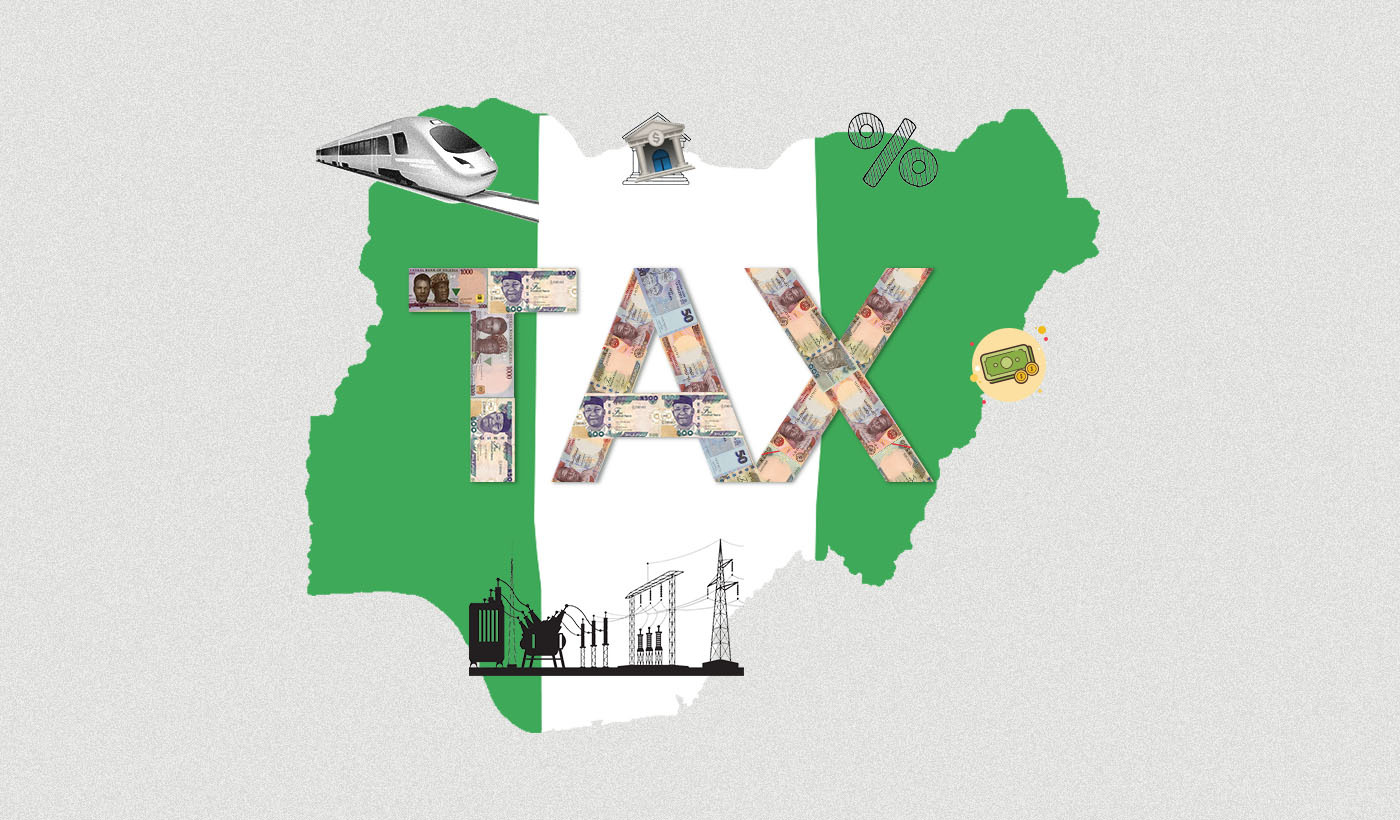
Nigeria has introduced new tax reforms that will take effect from January 1, 2026. These reforms are very important for small and medium businesses because they change how much tax you pay, what reliefs you can enjoy, and how you must keep your records.
If you own a business, you need to understand these changes now so you can prepare before they start.
In this post, we will break down the new rules in simple words. We will look at how small and medium businesses are affected, what you must do to remain compliant, and how you can even save money legally under the new law.
Zero Corporate Tax for Small Companies
One of the biggest changes in the 2026 reforms is that small businesses with turnover below a certain level will not pay corporate income tax.
If your company’s yearly turnover is below 50 million naira, you will not pay corporate tax. However, you will still have to pay other taxes such as Value Added Tax (VAT), electronic transfer levy, and withholding tax when applicable.
This is good news for small companies because it allows them to grow without the heavy burden of corporate tax. But you must ensure your records are clean and your turnover is well documented. Without proper records, you may lose this benefit.
Medium-Sized Companies
If your company’s turnover is between 50 million and 100 million naira, you fall into the medium-sized business category. In this case, you will pay corporate income tax, but at a reduced rate compared to large companies. This means the government wants to support your growth while still collecting some tax revenue.
For businesses above 100 million naira turnover, normal corporate tax applies. These companies must also pay close attention to other tax rules in the new reforms.
Personal Income and Business Owners
If you are a business owner and your personal income is below 800,000 naira yearly, you will not pay personal income tax. But if you earn more than this, you must pay tax on the amount above the 800,000 naira threshold. This applies to salary earners, sole proprietors, and directors who take income from their businesses.
The old law gave automatic reliefs to reduce tax, but the new law has changed this. Now, you must make certain contributions or investments to qualify for relief.
New Reliefs You Can Claim
As a business owner, you can reduce your taxable income if you do the following:
- Contribute to a Retirement Savings Account
- Buy life insurance for yourself or your spouse
- Contribute to the National Health Insurance Scheme
- Contribute to the National Housing Fund
- Pay rent and claim 20 percent relief on it, up to a maximum of 500,000 naira
Crypto and Business Profits
The new law also affects businesses that deal with crypto or digital assets. If your company buys and sells crypto for profit, you will pay tax on the gains if your turnover is above the threshold.
If your company makes less than 50 million naira in turnover, then no corporate income tax applies, but you will still pay VAT and other transfer charges.
It is very important to note that holding crypto is not taxable. Only when you sell at a profit or earn income from staking or rewards does it become taxable.
Also Read: Meta moves to settle $32.8 million data privacy fine with Nigeria’s NDPC
Why Proper Records Are Important
The Federal Inland Revenue Service (FIRS) will now rely more on transaction records to check your tax. This means you must keep proper receipts, invoices, and statements. If your business receives money in cash, make sure you record it clearly.
It is better to use bank transfers and cards because they create an audit trail that shows proof of income and expenses.
Without proper records, the tax authority may use their own judgment to calculate what they think you owe. This can cost you more money and lead to penalties.
What Small and Medium-sized Businesses Should Do, Going Forward
- Review your business turnover to know if you fall under small, medium, or large category
- Register your business properly and file returns, even if you are tax-exempt
- Contribute to retirement savings, insurance, and housing funds to enjoy reliefs
- Keep clean records by scanning receipts and saving them in digital format
- Talk to an accountant or tax adviser to guide your business before January 2026
The Bottom Line
The 2026 tax reforms bring both opportunities and responsibilities for small and medium businesses in Nigeria.
Small companies with less than 50 million naira turnover will not pay corporate tax, which is a big relief. Medium businesses will pay at a lower rate, while large companies will continue paying full rates.
For business owners, personal tax is easier to understand, but you must take active steps to claim reliefs. The new law rewards those who plan ahead by contributing to pensions, insurance, and housing funds.
The key lesson is that tax is now about planning. If you keep proper records, understand your turnover, and use the available reliefs, you can save money and stay compliant. If you ignore the new rules, you may end up paying more than you should.
Now is the time to prepare so your business can enter 2026 ready and compliant.
